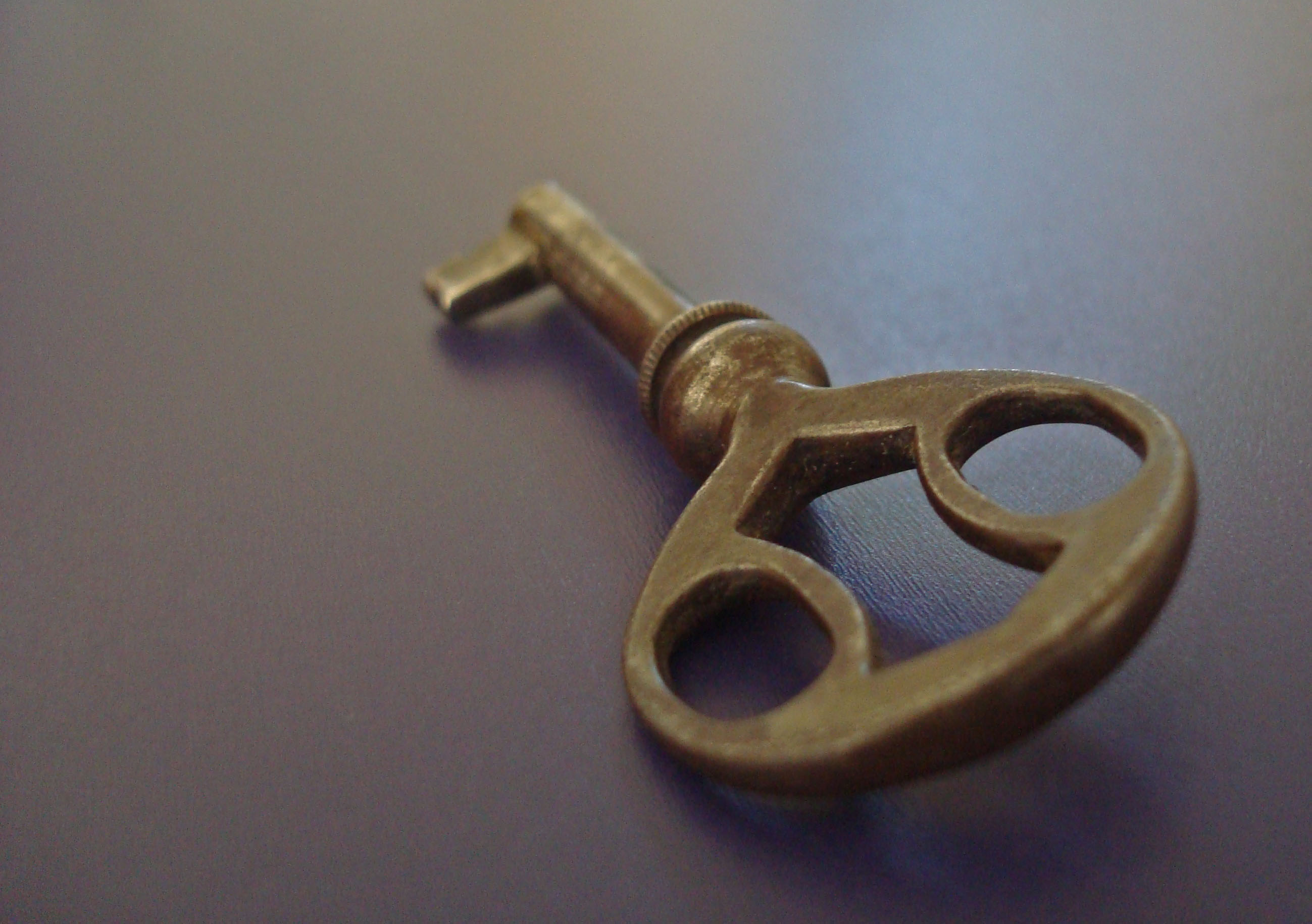
03 Apr Developing your Bid Role Skills
A gap in skills and abilities reveal a golden opportunity for your business
We are taught that mastery lies on an infinite continuum. As a result, we will never ‘reach the end’. But we can, though, see to it that we are as far along that continuum as we possibly can be.
And this is what currently occupies our thoughts. If you are fortunate enough to have at your disposal a whole Bid Team, you are at least halfway there. Add to that, you may have staff with different roles based on expertise and experience from Technical Writing, to Bid Graphics, Coordination and Reviews
However, most businesses simply don’t have this kind of resource, so they must adapt by tasking small teams (or a ‘team of one’) to cover all those roles. At the very least, they will have to manage the outsourcing and coordination of effort from other parties.
Understanding how to keep bid-relevant skills continually evolving and developing is the key to keeping your bids at the forefront of what you are doing. Using out-moded approaches with old fashioned-style bids will not cut it. They will not be in pace with your industry and will lack the best practice standards and norms expected.
To help you keep current, we look at some areas to focus on, as well as ways to develop your bid skills whether you are on your own or part of a large team
What is trainable and what is now?
The attention to detail and careful organisation are hard to train, but it is essential to inculcate in every member of your bid team. Making sure the team plays to their strengths involves working out the best ‘fit’ for the roles in your team. Look at those who have the characteristics for the job but perhaps lag in specific knowledge or expertise. Skills can be taught, attitude can’t.
Do the difficult stuff first
By tackling your fears head on, you can identify where your knowledge gaps are to lead training and learning opportunities. Ask yourself “What do I procrastinate on?” What do you always leave to the end – which one fills you with dread? Your fears can be used to guide your focus.
Allow time for reflection
Soliciting feedback from bid members and from the procurement-side team will help identify common themes or areas in your bid which require improvement. Are there any patterns developing? Do you need to invest in training to support required improvements?
It could be that internal training is needed to be integrated across other departments in your organisation, or alternatively it could be in concert with one of your suppliers on their products to unpack how their innovation and the added value can enhance your offering.
Join bid professional networks
LinkedIn, for example, has a wealth of news, information and advice amongst professional communities. By sharing, commenting and engaging with content on the platform, you can become involved with like-minded professionals with similar interests and start developing your profile within your target audience and with potential leads.
Whatever your skills or expertise, there will be a community of professional interested in hearing insights and advice on the topic.
Collaborate
Look at who you have around you and make the most of it. Reach out to others in your business who have a skill which you don’t that could be useful, and cross-train to spread the benefit. Don’t limit your search only to internal teams, because other relevant external parties can bring in and share knowledge.
Join relevant industry organisations – follow them on social media, read their blogs, attend their events to stay up to date with what is hot and not in your industry. Every industry is different so you may be light years behind others if you don’t habitually network and keep abreast of developments.
Collaborate, but sharpen your own sword continually
Working in bids isn’t just about writing – it’s about the whole process, knowing it inside out and how to get the best possible results for your own benefit. Ensure your training and skills covers everything from the initial finding and selecting opportunities down to planning, researching, writing, reviewing and managing relevant documentation.
Remember, the best yardstick for our progress is not other people, but ourselves. Am I better than I was yesterday? This is the most vital question. If you retire at night a better practitioner than the one who woke up that morning, you have smashed it!
